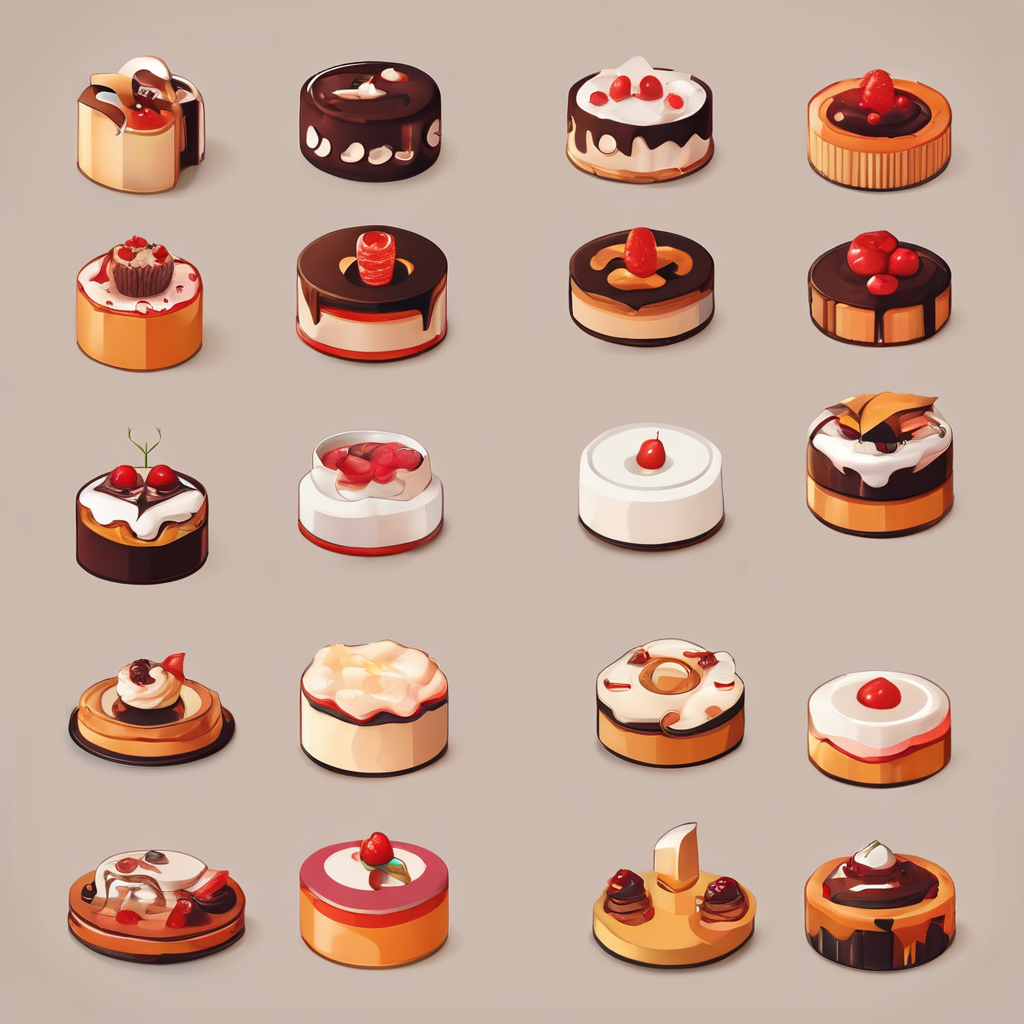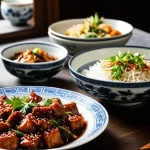Factors to Consider When Selecting a Kitchen Timer
Choosing the right kitchen timer can significantly impact meal preparation and overall cooking enjoyment. A key consideration is the accuracy of the timer, as precise timing is crucial, especially for recipes requiring meticulous attention. A three-minute difference can make or break a soufflé!
Digital versus mechanical timers cater to different preferences. Digital timers offer precision and often come equipped with features like pre-set timer options and countdown memory. They are ideal if you frequently cook complex meals requiring precise timing. On the other hand, mechanical timers, known for their simplicity and durability, might appeal if you prefer straightforward, manual operation.
Topic to read : Elevate Your Baking: Expert Tips for Ideal Freestanding Mixer Placement in Your Kitchen
Consider size and functionality when selecting a kitchen timer. Compact models save space but ensure they have a user-friendly display so you can easily read the time from across the room. Additionally, explore the alarm mechanisms; options range from subtle beeps to more assertive rings, each suited to different noise preference levels.
Choosing the right timer not only enhances cooking efficiency but also ensures seamless meal preparation, making your culinary adventures more enjoyable and less stressful.
Additional reading : Maximize Your Kitchen’s Efficiency: The Ultimate Guide to Choosing the Perfect Pasta Drying Rack for Space-Saving and Superior Drying Results
Types of Kitchen Timers
Choosing the appropriate kitchen timer type can impact your cooking effectiveness. Here’s a breakdown of different kitchen timer types and their unique benefits:
Digital Timers
Digital timers are known for their precision. Ideal if you frequently prepare dishes requiring exact timing, they offer features like pre-set countdown options and memory functions. Most digital models come with a clear, user-friendly display that suits any kitchen aesthetic. However, they often require batteries, adding a bit more maintenance.
Mechanical Timers
For those who appreciate simplicity, mechanical timers might be the preferred choice. These timers operate manually, adding to their durability and removing the need for batteries. Best for less complex recipes, they are easy to use but may lack the precision found in digital counterparts.
Smart Timers
Smart timers are the latest innovation, integrating with other smart devices via apps. They allow for remote control and real-time updates, perfect for tech-savvy cooks. Although potentially costly, their versatility makes them a worthwhile investment for efficiently handling multifaceted cooking tasks. Each timer type has its pros and cons; your cooking style determines the best fit.
User Reviews and Comparisons
Kitchen timers come in a variety of styles and with different features, leading to a broad range of user opinions and preferences. Among the most popular options, digital timers are praised for their precision and ease of use. Users appreciate the clear display and the ability to pre-set timers for multiple cooking stages, making them ideal for complex recipes. Those who prefer a straightforward approach might find mechanical timers more suitable due to their durability and lack of reliance on batteries. However, some users note the need for careful winding to avoid inaccurate timing.
Smart timers, although more expensive, have gained favour among tech enthusiasts who value remote management and integration with other smart home devices. They offer versatility but can be overwhelming for users unfamiliar with technology.
In terms of budget-friendly options, many point to basic digital models that provide essential functionalities without extra cost, offering a balance between cost and performance. High-end, feature-rich timers, while pricier, come recommended for avid cooks who regularly undertake complicated cooking tasks, ensuring their culinary creations are perfectly timed.
Tips for Effective Time Management in Cooking
Effective cooking time management is essential for orchestrating complex meals and ensuring every dish is cooked to perfection. Here are some strategies that will help streamline your kitchen routine.
Firstly, synchronizing multiple timers is invaluable for managing diverse cooking times. If preparing a meal with multiple components, use different timers for each dish to track varying durations without confusion. This prevents the dreaded undercooked meat or overdone vegetables by providing alerts for each stage.
Incorporate the practice of planning cooking times to avoid overlaps and delays. Prioritise tasks that are time-consuming, such as marinating meat or preparing dough. Setting up a clear timeline helps in visualising when each component should hit the stove or oven, minimizing downtime and reducing unnecessary kitchen hustle.
Lastly, utilise kitchen timers as reminders for preparatory tasks like ingredient chopping or preheating the oven. Timely preparation ensures you’re always ready for the next step, preventing last-minute scrambles. This approach not only boosts efficiency but also allows you to enjoy the culinary process without the added stress of time mismanagement.
Recommended Kitchen Timers
In the search for the best kitchen timers, considering top-rated options with outstanding features is essential. The OXO Good Grips Triple Timer stands out for its versatility. This timer allows you to set three distinct times simultaneously, beneficial for multi-dish preparation. Its intuitive interface and clear display make it user-friendly, though it’s on the higher end of the price spectrum.
For a budget-conscious choice, the ThermoPro TM02 is commendable. Known for precision and reliability, this timer offers a dual countdown capability and a large LCD, making it practical for managing multiple cooking tasks efficiently. Despite its affordability, it doesn’t compromise on essential features.
Another premium option is the Etekcity Digital Timer, popular for its sleek design and functional excellence. It includes a memory function to store previous timing settings, ideal for recurring recipes.
Smart timers such as the Echo Wall Clock integrate with Alexa, offering hands-free convenience. While appealing to tech-savvy users, it’s important to consider the price and compatibility with smart home systems.
Selecting the right timer involves balancing functionality, ease of use, and budgetary constraints.




